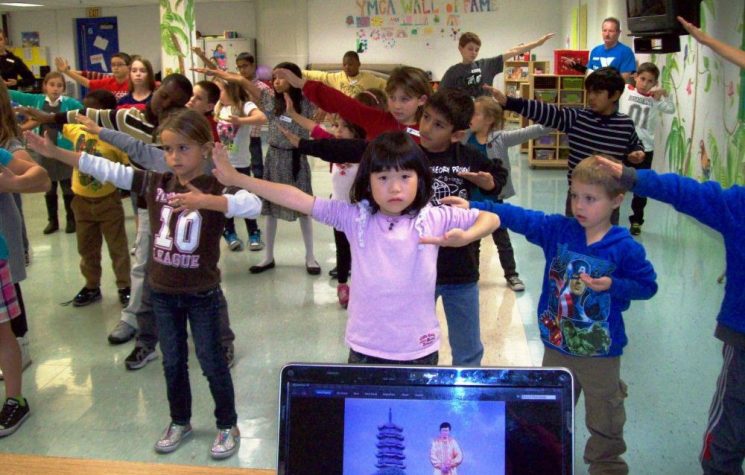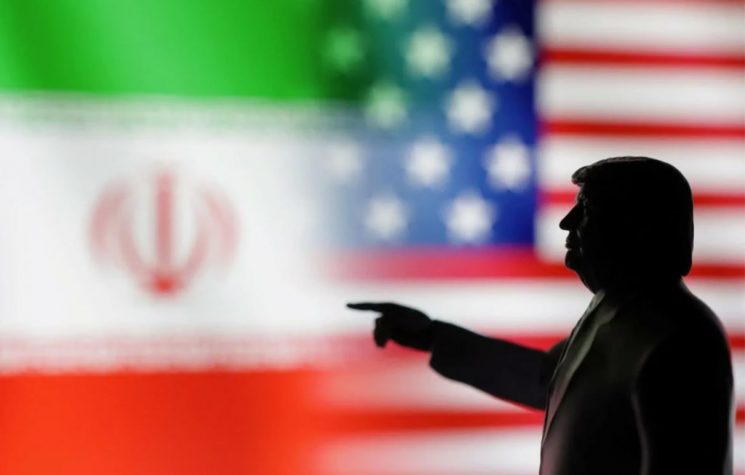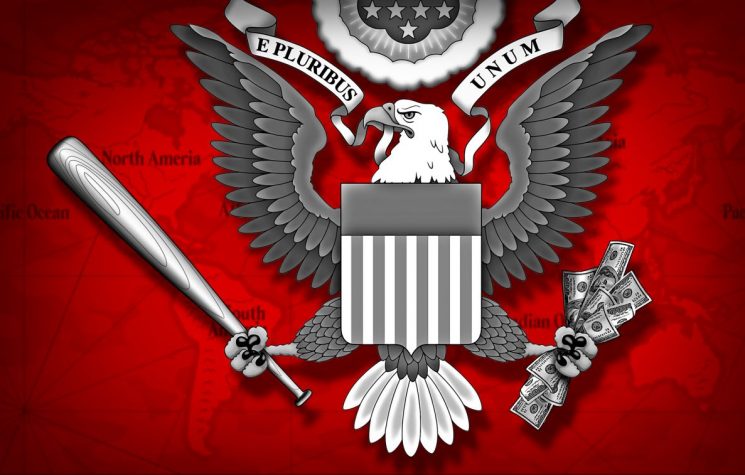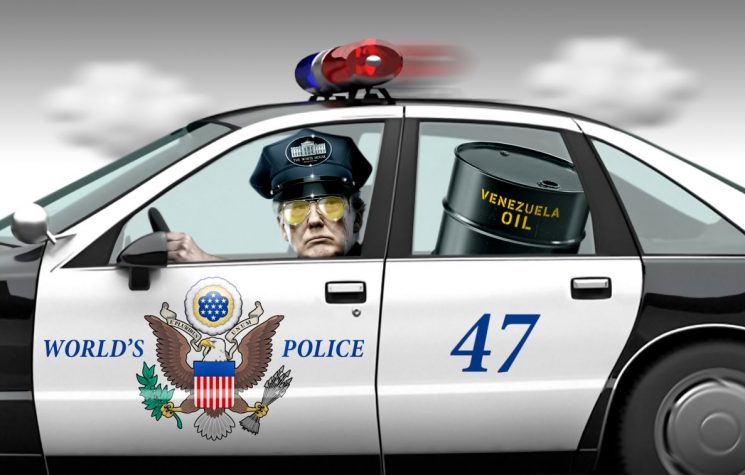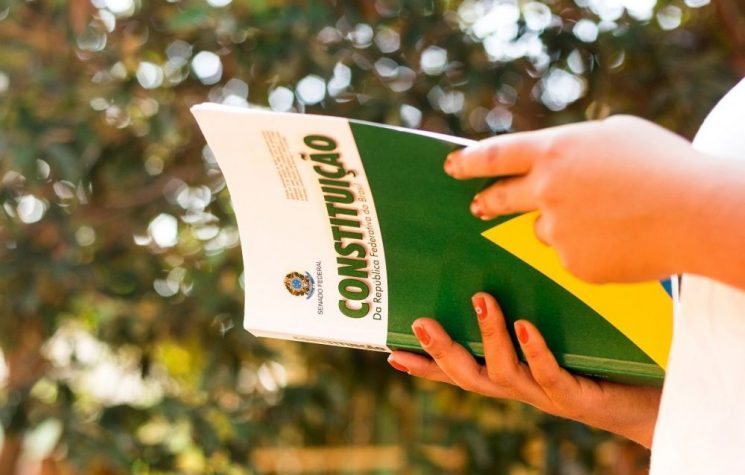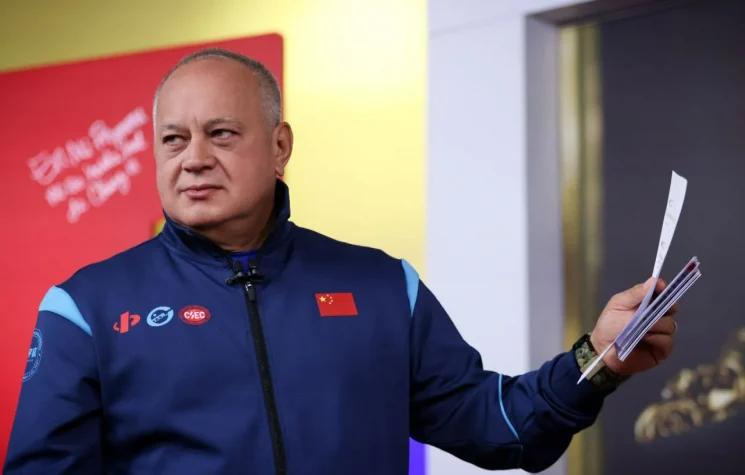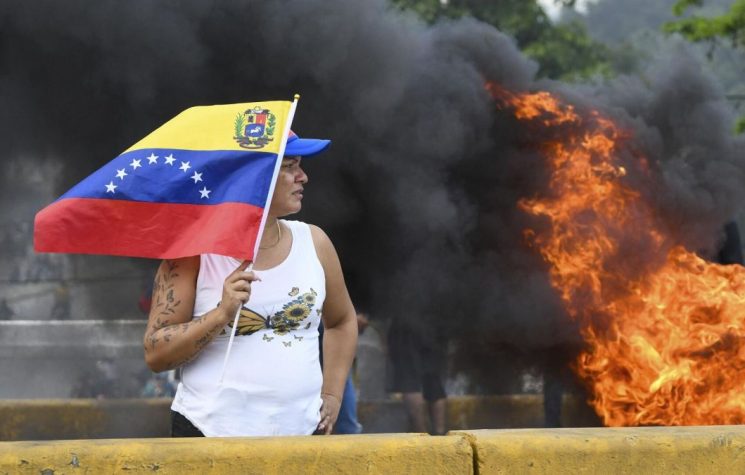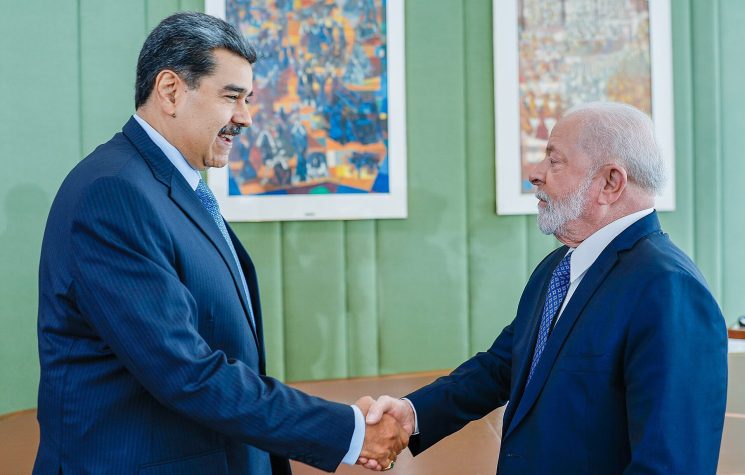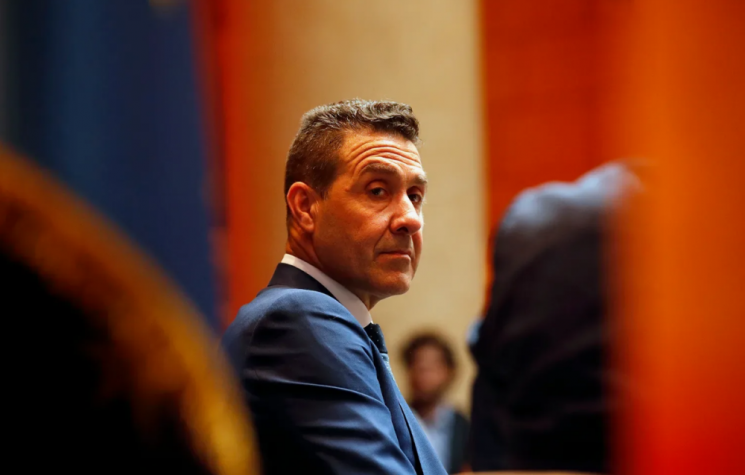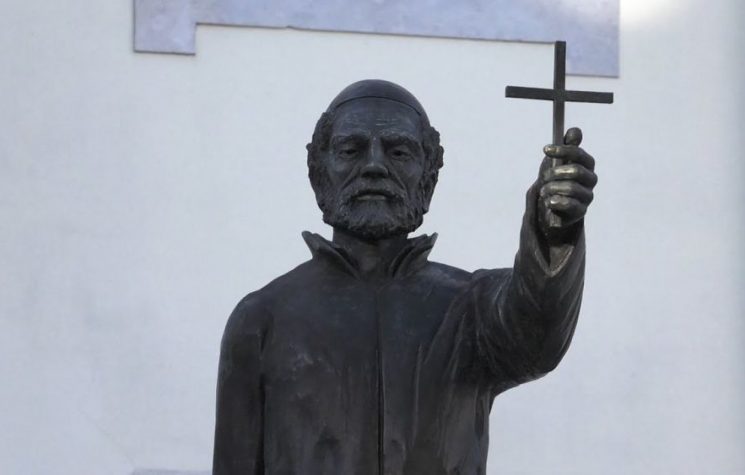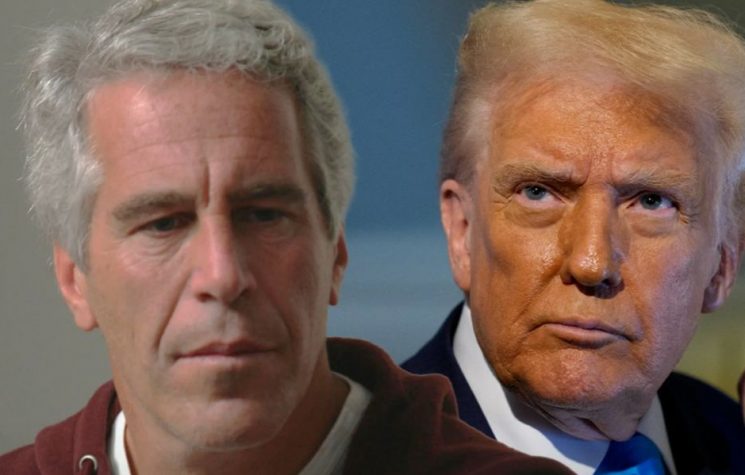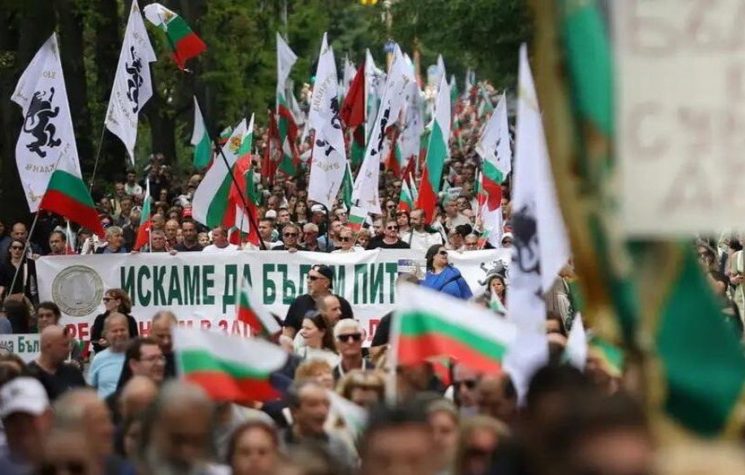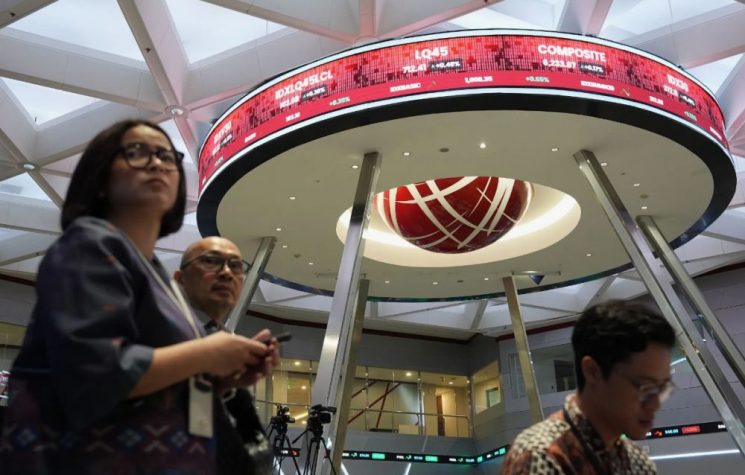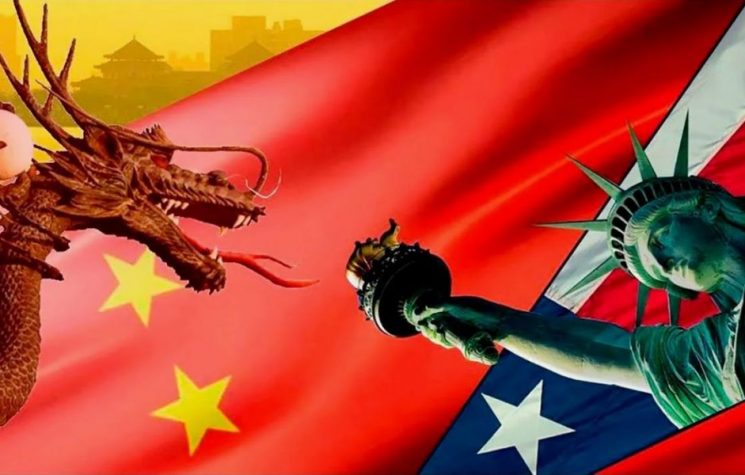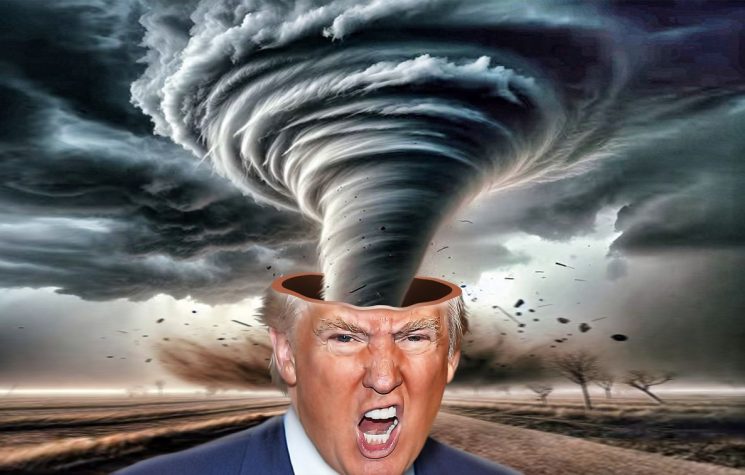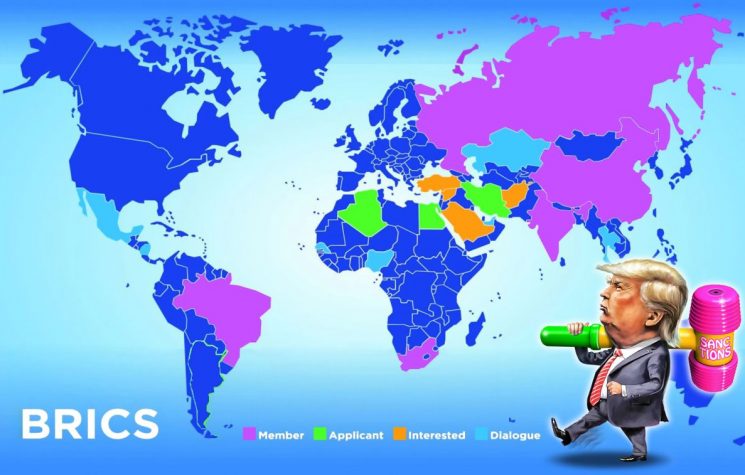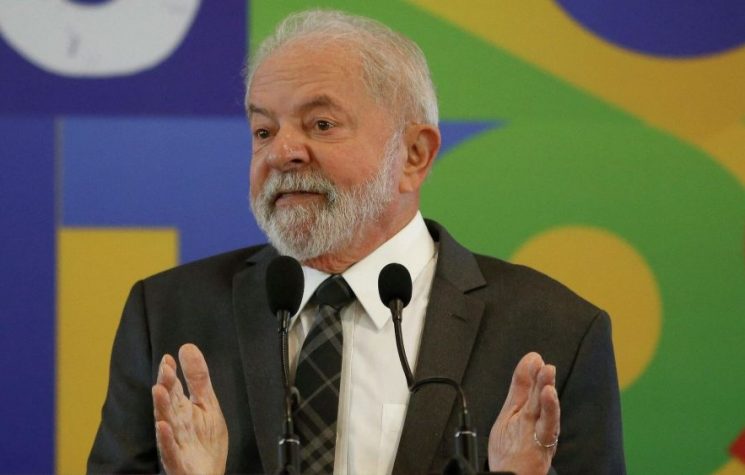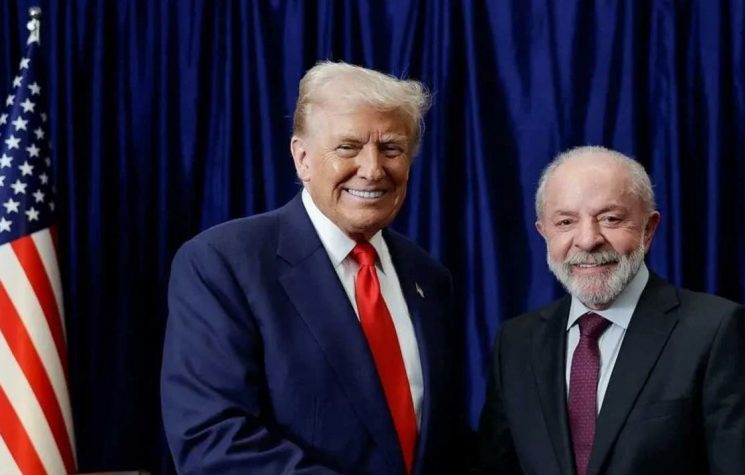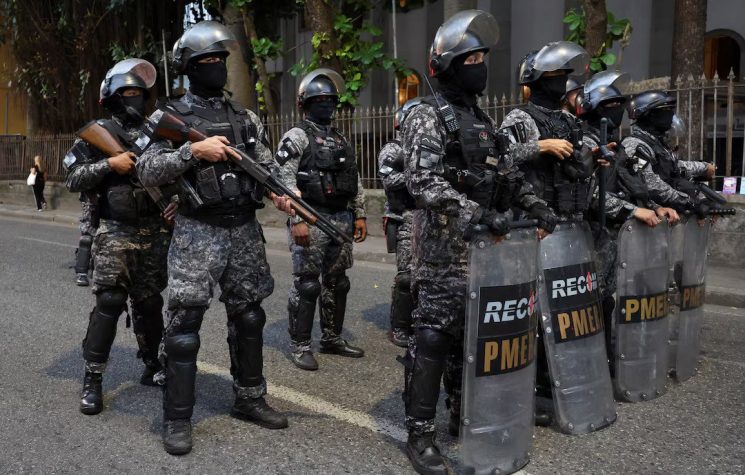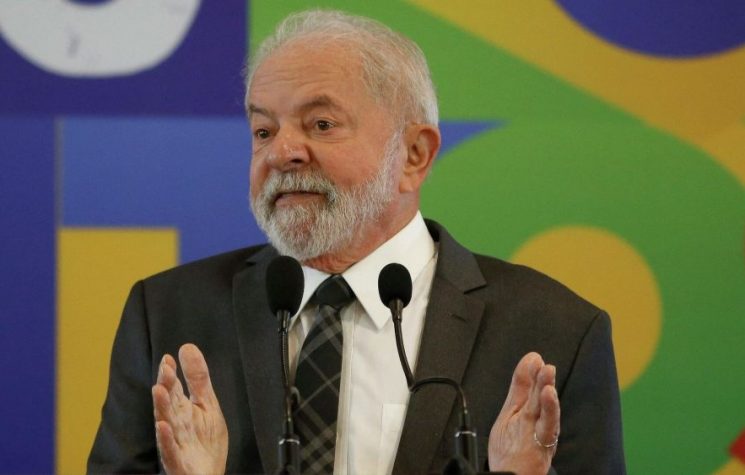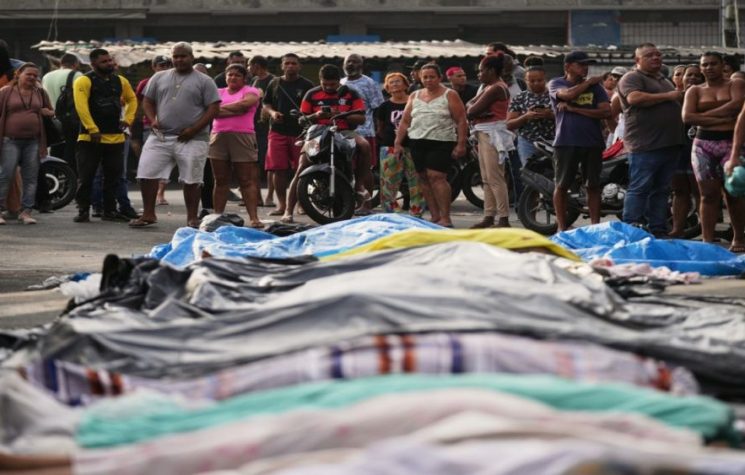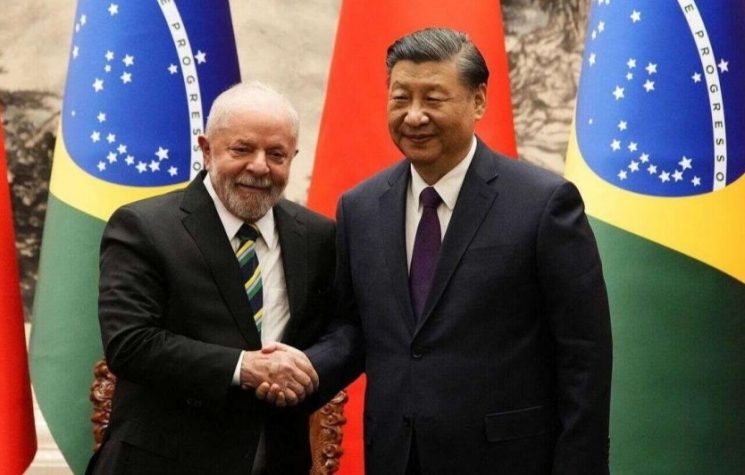Brazilian veto on Venezuela’s entry into BRICS creates more problems for Brasilia than for Caracas itself.
Contact us: info@strategic-culture.su
You can follow Lucas on X (formerly Twitter) and Telegram.
Apparently, the Lula government is convinced of its decision to create diplomatic hostilities with Venezuela. After refusing to recognize the democratic victory of President Nicolás Maduro in the last presidential elections, Brazil took an even more serious step in bilateral relations by vetoing Caracas’ candidacy for BRICS membership, thus breaking a long tradition of mutual respect between Brazilians and Venezuelans.
Brazil’s veto was not limited to the possibility of Venezuela’s membership. Brasilia even prevented Caracas from being admitted as an “associate state” under the terms of the new intermediate status created during the Kazan Summit. If admitted, Venezuela would have a greater role in the internal BRICS process, without, however, becoming a full member. Not even this was accepted by the Brazilian government, which emphasized its disapproval of admitting Caracas to any status in the bloc.
The Brazilian decision was, of course, harshly condemned by the Venezuelan government. For Maduro and his team, Lula is simply no longer an ally. The historic alliance of the Latin American political left has been broken. Lula is now seen as a hostile politician by Venezuelans – as well as by Nicaraguans, who recently mutually cut relations with Brazil after a series of diplomatic hostilities initiated by the Brazilian side.
Furthermore, although there has been no official statement to this effect, it is possible to say that not even the other BRICS members were satisfied with Brazil’s attitude. For Russia and China – and to a lesser extent for Iran –, Venezuela is an absolutely indispensable commercial, political and military partner, and a major ally of multipolar interests in Latin America, creating a true axis of resistance against U.S. hegemony on the continent. Obviously, it was in these countries’ interest to welcome Venezuela into the BRICS, which is why Brazil’s decision may have been seen as incorrect.
There is a prevailing respect among BRICS for the regional leadership of each member country. Certainly, the other members did not agree with Brazil’s opinion on Venezuela, but they still respected Brazil’s assessment of countries in its own strategic environment. This respect does not mean that there will be no shake-up in the confidence of other countries in Brazil. Obviously, there will be no condemnation or rupture, but it is possible that some BRICS leaders will view Brazil with greater distrust from now on, considering that, at least in the Venezuelan case, Brasilia clearly served American interests to the detriment of multipolarity.
The main negative consequences of this process affect Brazil itself. Even outside the BRICS, Venezuela will continue to be a reliable partner for the member countries, but Brazil may begin to be seen as a representative of American interests in South America – not necessarily by the BRICS countries, but by the anti-hegemonist leaders in the Brazilian strategic environment. Lula tends to remain isolated, with few allies at the regional level – counting only on the current alliance with the Colombian government to guarantee Brazil’s regional projection.
By creating hostilities with Venezuela, Lula has diminished the relevance of Brazil’s regional leadership. Brazil’s image as a diplomatically strong country integrated with its neighbors is being erased – replaced by the image of a state that cannot resist U.S. pressure to antagonize South American multilateral leaders.
Lula, as expected by some more experienced analysts, is quite “different” in his new term, much more fragile in the face of Western pressure and giving in on vital strategic points, thus creating problems for Brazil as a whole and for his own future as a politician. It is possible to say that the unjustified hostility towards Venezuela, which culminated in the veto on the BRICS, has truly disappointed the world regarding Brazilian foreign policy – which does not seem to be appropriately following the current process of geopolitical transition towards multipolarity.










